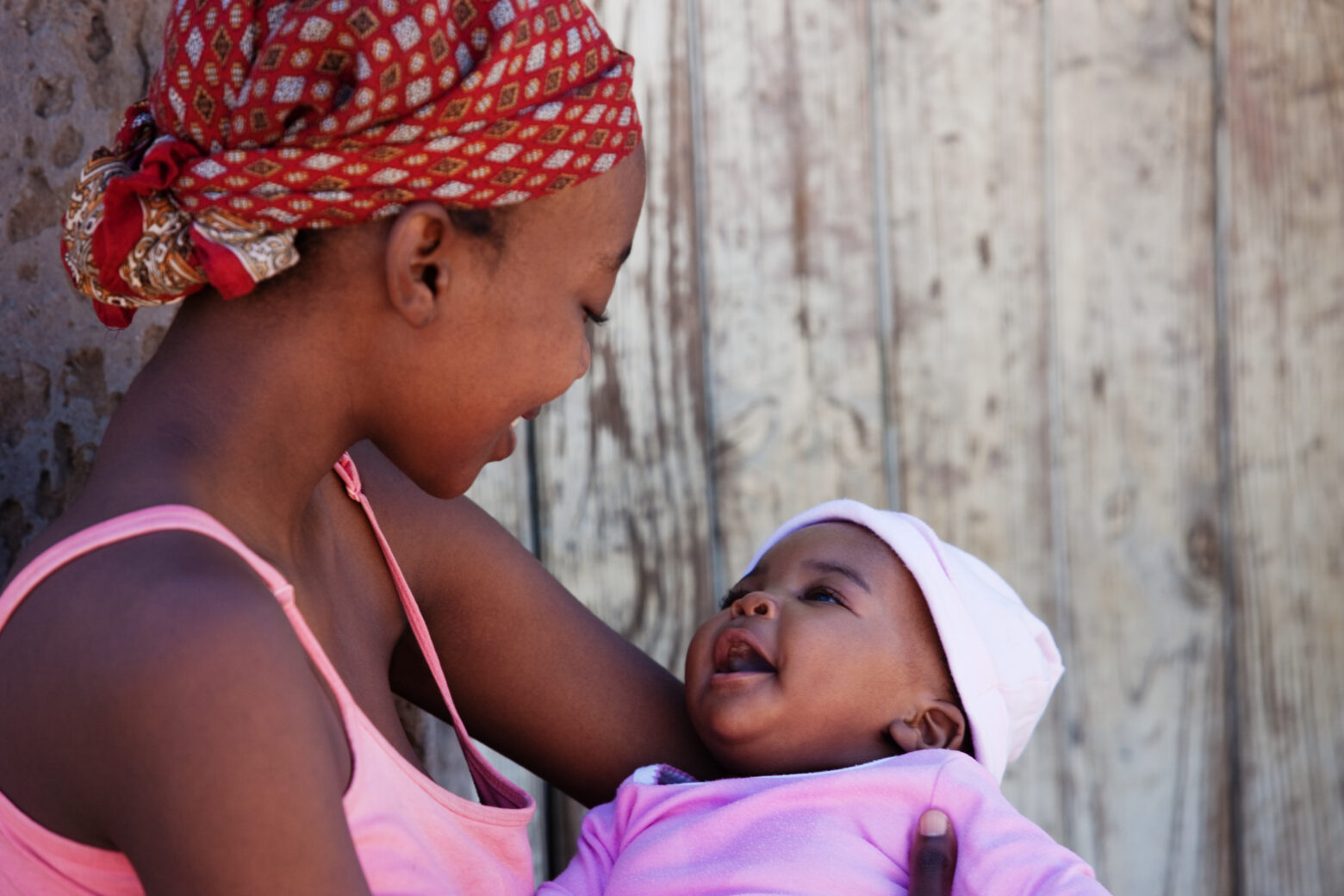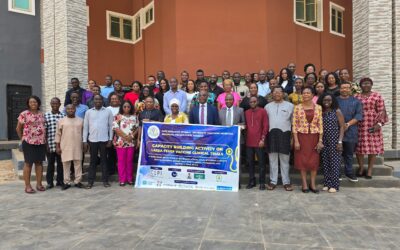In recent years, growing concern has been raised regarding the lack of diversity in health and clinical research trials. As an increasing number of studies investigate the underrepresentation of racial and ethnic minority groups in health research, a notable discourse has emerged, highlighting the critical gap in the current landscape of medical research and the potential impact on healthcare outcomes within these populations.
Addressing these striking disparities in clinical research
Numerous studies have outlined the significant underrepresentation of Black, Asian, and Mixed ethnic groups. These communities are either disproportionately excluded or inaccurately categorised using terms such as ‘BAME’, ‘Other’, ‘non-white’ or ‘Unknown’. This occurs irrespective of the pathology or the location of the hospital or healthcare facility.
In a metaepidemiological study conducted in 2023, researchers investigated the proportional representation of Black individuals in recently published high-impact critical care randomised controlled trials (RCTs) conducted at sites in the United States or Canada. The study included 21 eligible RCTs. Of these, 17 enrolled at only US sites, two at only Canadian sites, and two at both US and Canadian sites. Overall, the 21 studies included sites spanning 59 cities in the United States and Canada.
Despite Black patients having a higher incidence and prevalence of heart failure, along with worse clinical outcomes for cardiac conditions, the study revealed a 23% underrepresentation of Black individuals compared to city-based demographics.
Similar findings of underrepresentation have been noted in oncology and COVID-19 clinical trials. While Black, Latinos, and Indigenous American populations were overrepresented in COVID- 19 cases and related deaths, these groups were substantially underrepresented in many studies examining the condition.
Migrant populations also face similar challenges in health and medical research. Despite their growing presence in high and middle income countries, they continue to face underrepresentation. This holds significant concern given their identified status as a priority group on the basis of their experiences of comparatively lower levels of access to health services and poorer health outcomes.
Several reasons have been identified
In the past, discussions about the underrepresentation of racial and ethnic minority groups often revolved around the attitudes and traits of these communities. Previous studies labeled these populations as ‘hard to reach’, attributing this label to perceived mistrust of researchers, fear of authority, concerns about stigmatization, and lower levels of general and health literacy. However, there has been a notable shift away from framing the ‘problem’ as the unwillingness of participants to engage in research. Significant barriers in recruiting these populations include challenges related to time commitment (such as demanding work schedules), worries about confidentiality, lack of interest, educational disadvantages, absence of compensation, limited access to transportation due to higher social deprivation rates, a greater frequency of living in large or multi-generational households, and a higher prevalence of pre-existing health conditions. Last but not least, another key consideration is the site selection.
Underrepresentation poses both scientific and ethical issues
The insufficient representation of racial and ethnic minority groups in research not only raises scientific concerns but also poses ethical dilemmas. It raises questions about the applicability of study findings, compromises the ability of clinical research professionals to monitor disparities, and hinders efforts to customize governmental, clinical, and community interventions to achieve health equity for all.
Moreover, the reporting of trials by ethnicity lacks consistency, often utilising outdated terminology and grouping multiple ethnicities together despite significant genetic and phenotypic differences. The inclusion of ethnic minority populations in clinical trials is crucial to understanding the different kinds of interventions in disease severity and outcomes, as well as addressing critical gaps in knowledge. There is an increasing awareness of the necessity for researchers to adapt their study designs and recruitment practices to be more inclusive and relevant to a broader range of people and diverse lived experiences. A rich body of research is emerging that demonstrates how tailored strategies can be implemented to enable the recruitment of minority populations into scientific studies.
Conclusion
Despite a growing awareness within the scientific community, minorities continue to be inadequately represented in RCTs. This persistence highlights critical ethnical and scientific concerns, including issues related to equity, the applicability of trial results, and the overall validity of clinical trial findings.
The underrepresentation of racial and ethnic minority groups in clinical trials is a multifaceted challenge occurring at systemic, individual and interpersonal levels. Addressing the issue requires complex, comprehensive solutions that should be integrated from the very conception of trials and consistently applied throughout the research process. Research has demonstrated that implementing tailored strategies can enhance the recruitment of ethnic minorities. However, it is important to recognise that these minority groups are diverse and dynamic; it cannot be assumed that recruitment methods successful in one study will be equally effective in another.
Further research is necessary to investigate the full extent of the underrepresentation of racial and ethnic minority groups in clinical trials, identifying all contributing factors, and implementing effective interventions to improve their representation with the hope of creating a path toward a more inclusive and equitable scientific landscape.
Veronique Ropion, MD
Pharmalys Strategic Projects Director
February 2024
From:
[1]. Youmbi C.T. et al. Black representation in critical care randomized controlled trials: a meta-epidemiological study. Can J Anesth/J Can Anesth (2023) 70:1064–1074.
[2]. Vujcich D et al. Strategies for Recruiting Migrants to Participate in a Sexual Health Survey: Methods, Results, and Lessons. Int. J. Environ. Res. Public Health 2022, 19, 12213. https://doi.org/10.3390/ ijerph191912213.
[3]. Murali et al. Ethnic minority representation in UK COVID-19 trials: systematic review and meta-analysis. BMC Medicine (2023) 21:111. https://doi.org/10.1186/s12916-023-02809-7.











